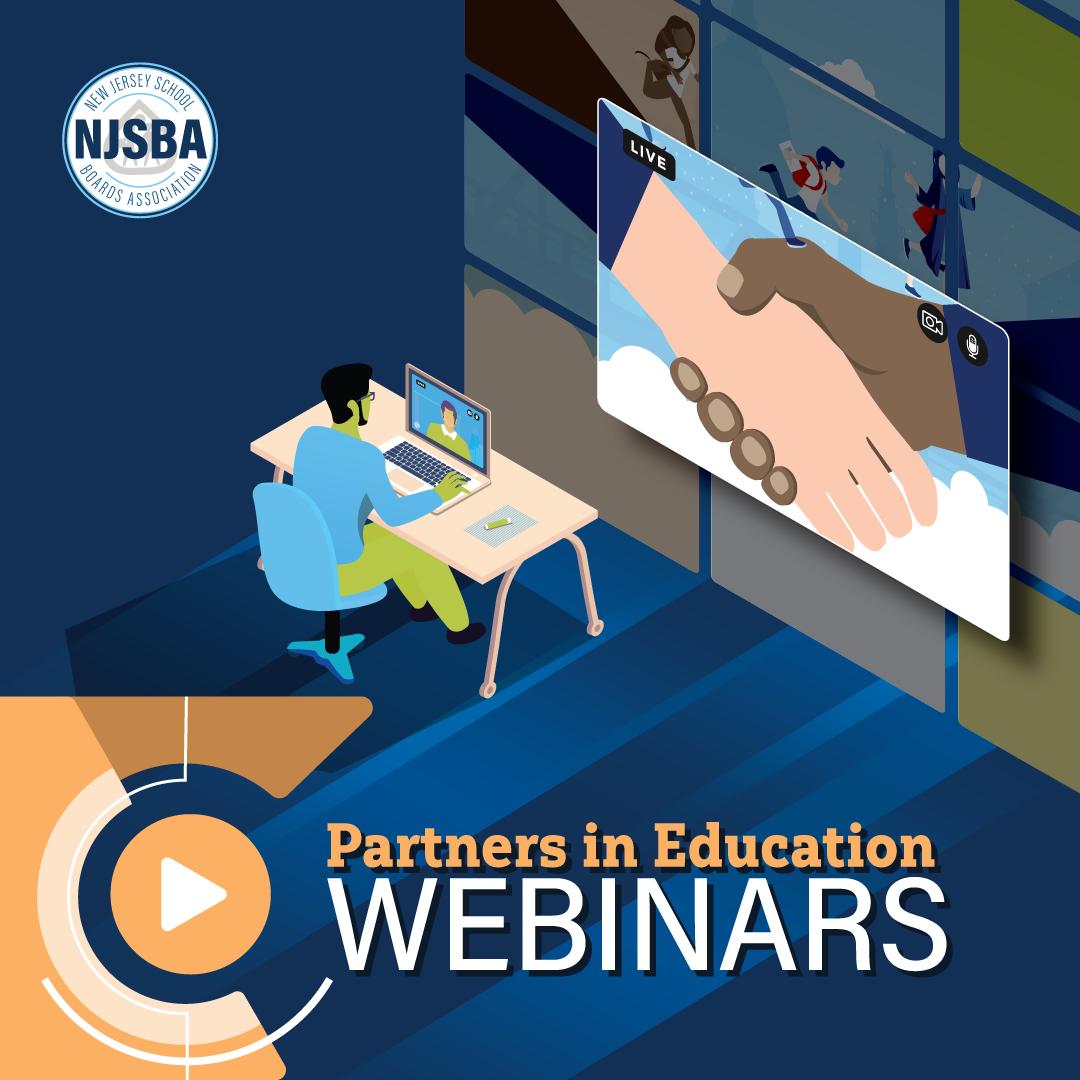While artificial intelligence has been developing for decades, public interest skyrocketed with the release of ChatGPT in November 2022. It is no exaggeration to say that AI has the potential to revolutionize education.
The adoption of generative AI tools has grown at an unprecedented pace. By November 2024, ChatGPT was the eighth-most visited website in the world, according to Similarweb, a leading web data analytics firm. Beyond ChatGPT, an increasing number of AI-powered tools are becoming available to support students, teachers and administrators.
Educators are already finding innovative ways to leverage AI in their work. It can:
- Deliver differentiated learning experiences tailored to individual student needs.
- Provide intelligent tutoring systems that offer personalized guidance.
- Assist with lesson planning, content creation and automated grading.
- Streamline administrative tasks, such as organizing schedules, creating staff professional development programs, drafting IEPs and organizing district operations.
- Analyze large datasets to inform decisions and improve outcomes in school districts.
Despite these promising applications, AI also raises challenges that cannot be ignored. Schools must protect the privacy of students and staff, ensuring ethical and responsible AI usage. Students need to understand both the capabilities and limitations of AI, learning to critically evaluate its outputs, which can sometimes be unreliable.
Bias in AI — also known as machine learning bias or algorithm bias — presents another concern. AI systems may inherit biases from the data they are trained on, and schools must take steps to identify and address this issue. Additionally, educators and parents share concerns about students using AI to complete assignments without acquiring essential skills and knowledge.
A district’s policy will be critical in making sure that AI is used in an ethical, equitable and legally compliant way. A well-crafted policy provides clarity to staff and students and creates a measure of accountability.
NJSBA is at work developing a comprehensive policy on artificial intelligence that will address not only the use of AI by students and the implications for academic integrity, but also the range of uses that teachers, administrators and other staff have for AI. We expect to release the policy this spring.
To further support our membership, NJSBA has developed a variety of additional resources. On our website, you’ll find a dedicated AI resource page featuring articles, video podcasts and webinar recordings. This fall, AI was a focal point at several county school boards association meetings, and Workshop 2024 featured multiple training sessions on this topic. NJSBA remains committed to providing ongoing programming and resources to help school leaders navigate the evolving role of AI in education.
This issue of School Leader takes an in-depth look at artificial intelligence with a roundtable discussion on how school districts in New Jersey are using — and dealing with — AI. NJSBA’s Tom Parmalee spoke with three school district officials about the opportunities and obstacles that artificial intelligence can present in your schools.


